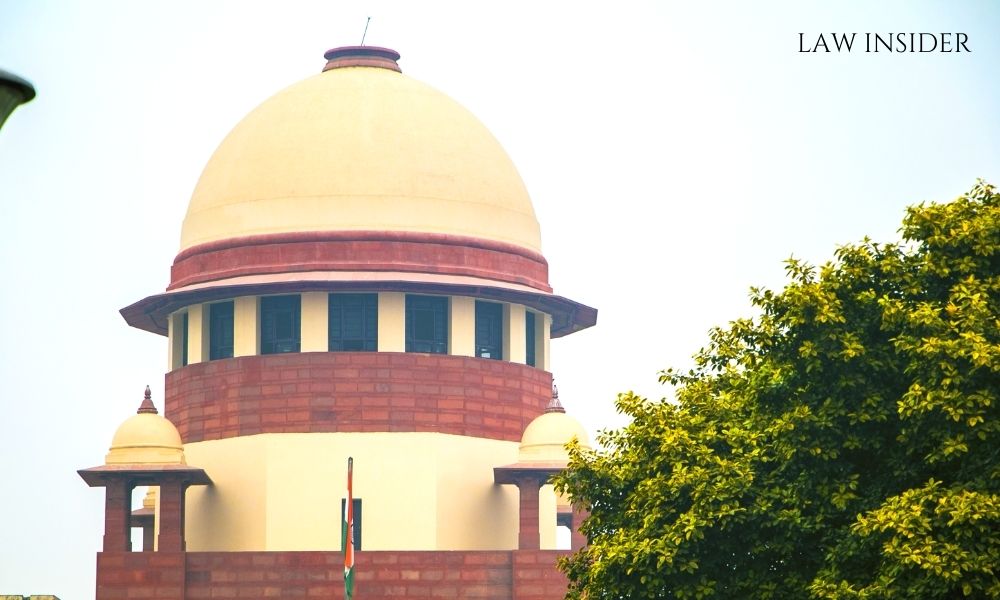LI Network
Published on: October 5, 2023 at 18:13 IST
The Supreme Court has ruled that while Article 142 of the Indian Constitution grants the court wide-ranging powers, it cannot be used to bypass the substantive statutory provisions relevant to a case or the issues before the court.
In a recent case involving Sunview Assets Pvt. Ltd, an auction purchaser, the court held that Article 142 cannot be employed to extend the time limit prescribed under Rule 9 of the Security Interest (Enforcement) Rules, 2002, which deals with the sale of immovable secured assets through e-auction mode.
The applicant in the case had requested the court to treat deposits made subsequently as compliance with a previous court order and use its inherent powers under Article 142 to extend the time limit. However, the court refused to do so, citing the statutory position under Rule 9 of the Rules, which specifies a 15-day time limit for payments.
Also Read: Maintainability of Injunction suits in Sarfaesi Act
The Supreme Court emphasized that when a statute mandates a specific action to be taken in a particular manner, it must be done accordingly, and alternative methods of execution are prohibited.
The court cited the precedent set in Supreme Court Bar Association vs. Union of India and Another (1998) to highlight that Article 142 cannot be used to circumvent express statutory provisions and achieve indirectly what cannot be achieved directly.
In this case, the court dismissed the Miscellaneous Application for not being maintainable as it sought substantive relief in a disposed of Civil Appeal.
The court also criticized the practice of filing multiple applications, such as Miscellaneous Applications, without a legal basis, stating that such actions aim to avoid judicial adjudication in the substantive proceedings.
Case Title: “Union Bank of India V. Rajat Infrastructure Pvt. Ltd. & Ors.”

